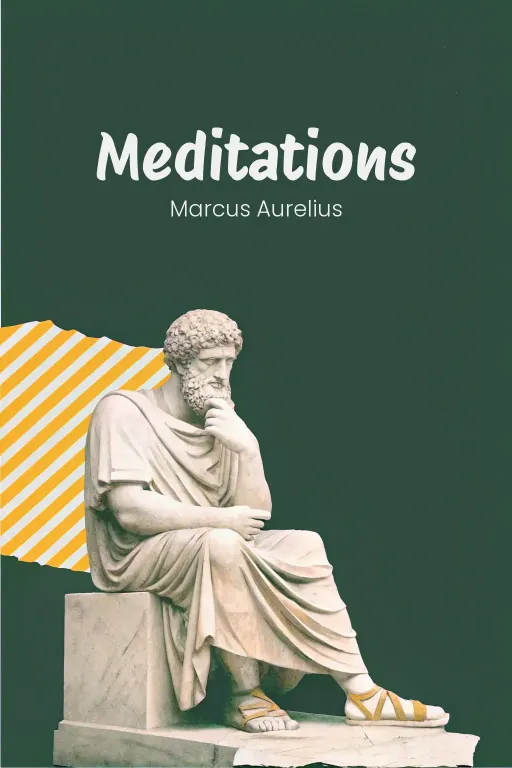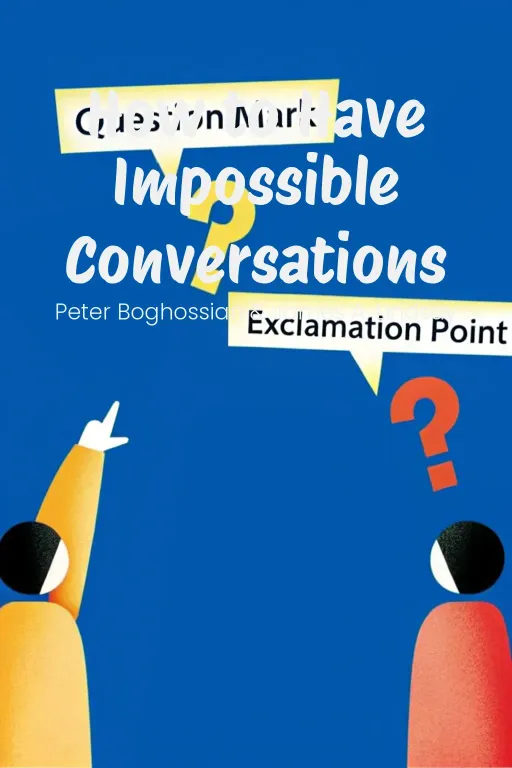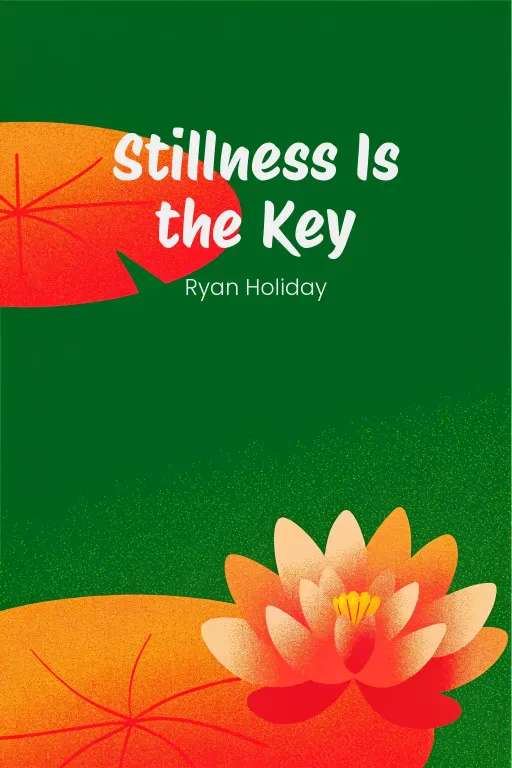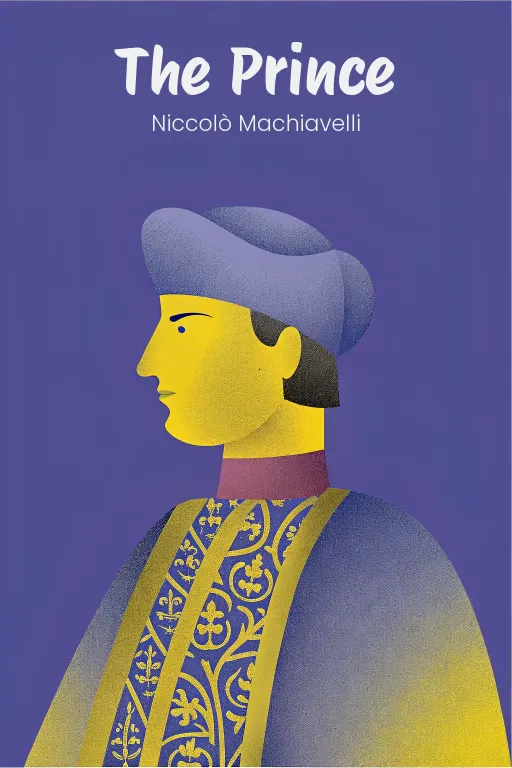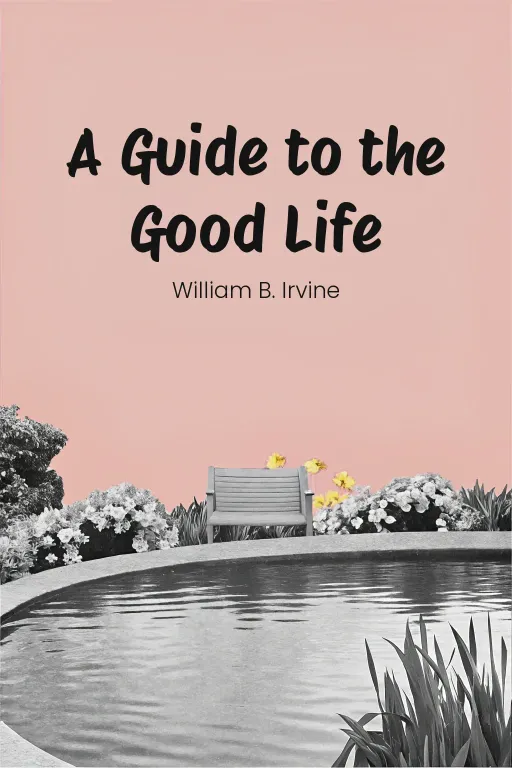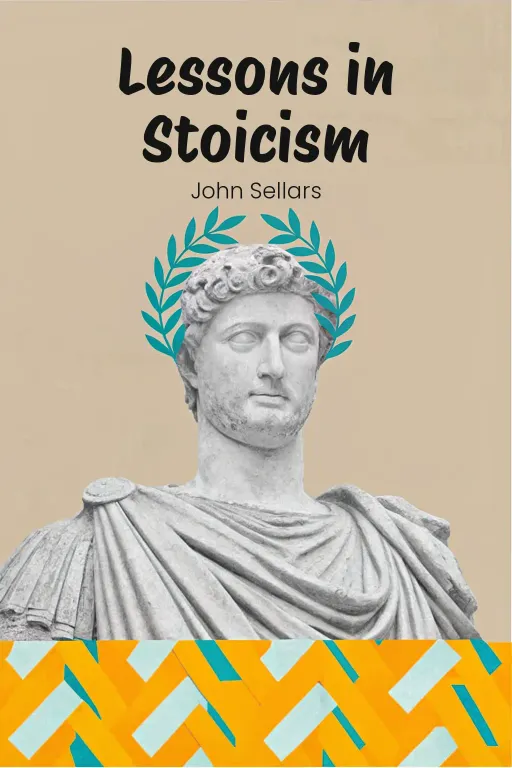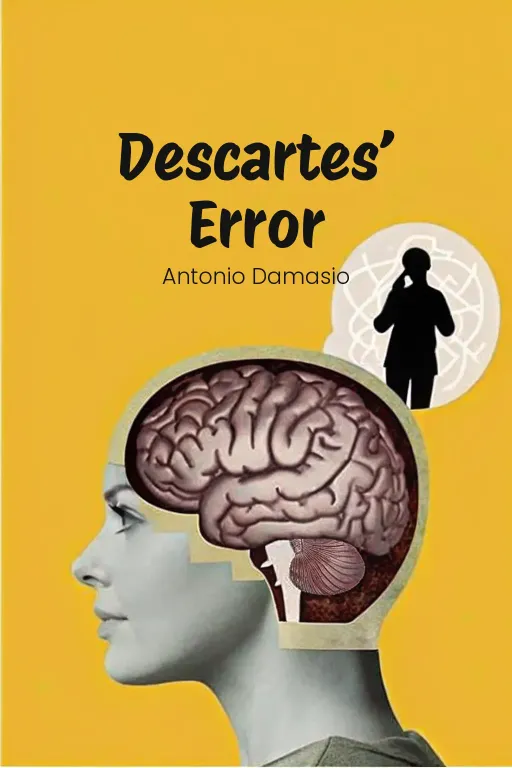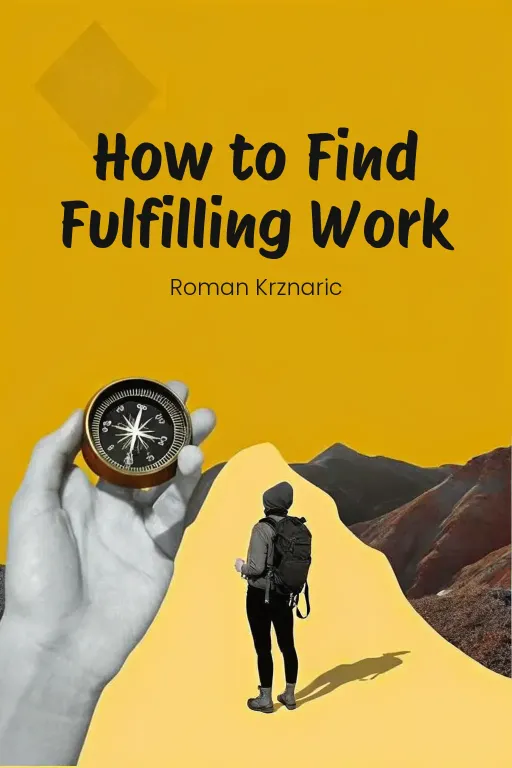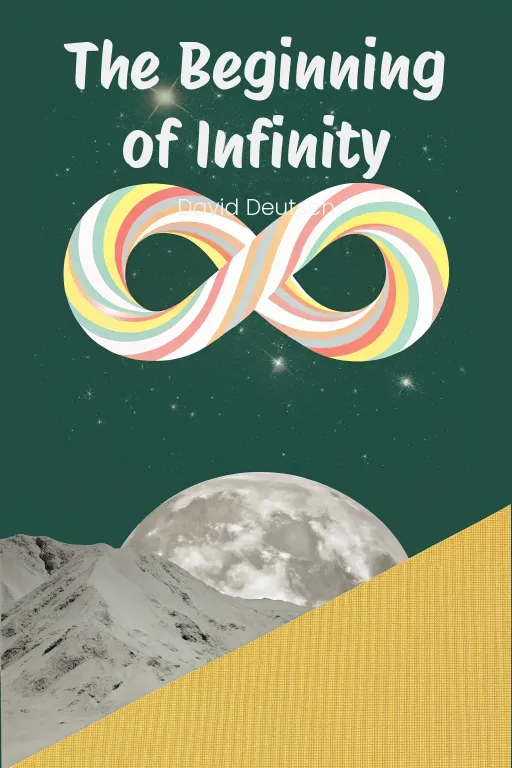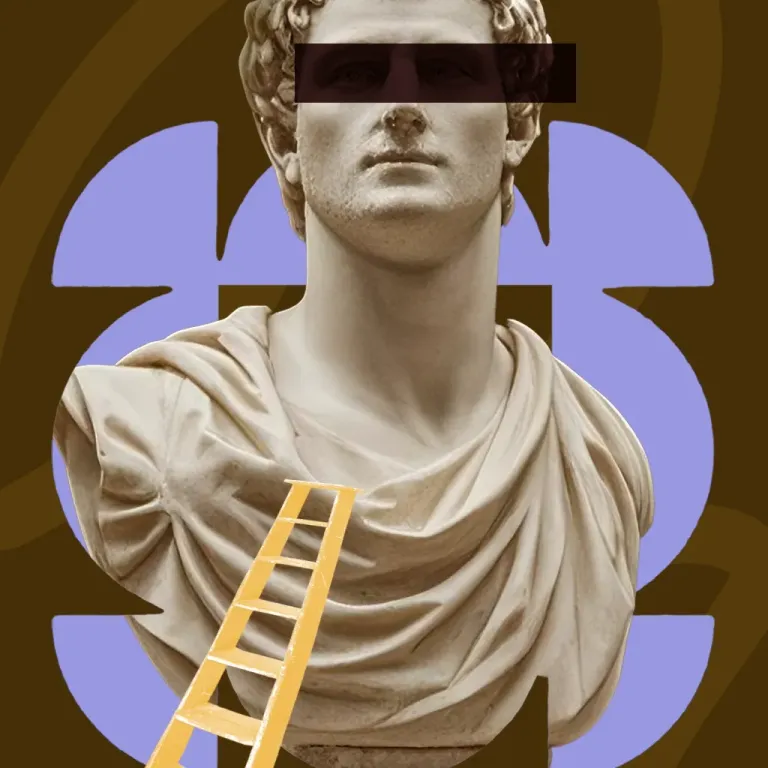
Mind Control: Emperor's Secret Weapon
Podcast by The Mindful Minute with Autumn and Rachel
Introduction
Part 1
Autumn: Hey everyone, and welcome back! Today, we’re reaching way back in time, almost two thousand years, to unpack the very personal writings of a Roman emperor. We're talking about Rachelus Aurelius, who, despite being at the top of the world, wrote Meditations as a kind of private journal, a guide for himself on how to live a good life. Rachel: A Roman emperor writing a self-help book? Come on, Autumn, I'm hooked, but, you know, a little skeptical. How grounded can a guy with absolute power and, like, a dozen palaces “really” be? Autumn: That’s what’s so great about Meditations! It's a goldmine of wisdom, and it’s not about running an empire; it's about mastering what you can control, which is your own mind. He grapples with big stuff like death, everyday stress, the lure of fame, and how to stay true to yourself when life throws you curveballs. Ring any bells? Rachel: Okay, fair enough, you've got my attention. So what are we digging into today, specifically? Autumn: We’re breaking it down into three key areas. First, we will look at some core Stoic principles that really form the basis of Rachelus's philosophy, the fundamental ideas. Then, we'll go through some practical, actionable steps for applying these Stoic lessons to the everyday challenges of modern life, from dealing with difficult people to coping with personal setbacks. And finally, we're going to zoom out and really consider how Rachelus's reflections on mortality and the interconnectedness of the universe can change how we look at our own lives and our place in the world. Rachel: From surviving a tough day at work to, like, understanding our place in the cosmos? Alright, I'm in. Autumn: Exactly! So, let's jump right into the mind of a true, quiet genius.
Stoicism and Its Principles
Part 2
Autumn: Okay, so now that we've laid the groundwork, let's dive into the real heart of Stoicism. These are the principles that really defined Rachelus Aurelius' worldview and, honestly, gave him the mental fortitude to handle everything from plagues to betrayal. Rachel: “Mental fortitude,” huh? I like that. So, what's the key to this whole philosophy? What made it so relevant for someone who was dealing with actual chaos, not just, you know, spotty internet? Autumn: Well, it really boils down to rationality and virtue being your anchors in a chaotic world. For Stoics like Rachelus, life was about mastering the difference between what you can control and what you can't. Anything within your control—your thoughts, your actions, your reactions—needs to reflect courage, justice, wisdom, and self-control. And anything outside of your control—war, disease, other people's opinions—shouldn't be allowed to mess with your inner peace. Rachel: Alright, so basically, divide life into "your business" and "none of your business." But isn't that easier said than done? I mean, even Rachelus probably had days when everything just felt… overwhelming, right? Autumn: Absolutely! That’s precisely why Stoicism isn't some instant enlightenment thing. It's a practice, a discipline. Take courage, for instance—it's the ability to face fear, pain, or hardship without completely falling apart. Rachelus didn't just magically avoid danger because he was wearing the emperor's robes. Rachel: Courage in action—was this, like, during one of those famous barbarian invasions I've read about? Autumn: Exactly. He literally spent a huge chunk of his life leading armies along the Danube frontier, fighting off constant invasions. But think about the Antonine Plague. I mean, that epidemic wiped out roughly 10% of the Roman Empire! Instead of freaking out or hiding away in some villa, Rachelus stepped up. He organized aid, kept morale up, and maintained the empire's stability even as the plague was just devastating the population. Rachel: That's... honestly pretty heroic. Imagine running an empire while you're just surrounded by death and disease constantly. Autumn: Exactly. And here's the key: his courage wasn't just about "toughing it out." It was deeply tied to rationality. He didn't waste his energy getting furious about why the plague was happening. Instead, he just faced the realities that he could actually influence. Rachel: Okay, courage makes sense. What about justice? I mean… that feels kind of lofty, doesn't it? Like something you slap on a motivational poster, but it's hard to really pin down in real life. Autumn: I get what you mean, but for Rachelus, justice was actually incredibly practical. He believed that justice wasn’t optional—it was about serving the collective good, because humans are, at their core, social creatures. Rachel: So, like, give me a real-world example. When was the emperor actually putting the justice playbook into action? Autumn: Well, think about the rebellion led by Avidius Cassius. He declared himself emperor while Rachelus was still alive. Now, Rachelus could have gone scorched earth—executed Cassius' family, purged everyone who was disloyal. Instead, he chose clemency. He pardoned many of those involved and restored unity to the empire. So, to Rachelus, justice meant acting with humanity, not just with vengeance. Rachel: Wow. Turning the other cheek as a literal ruler? That's... decidedly un-Roman, isn’t it? Autumn: It is, absolutely! But it really does align with those Stoic ideals. Justice flows from reason—it’s about seeing the bigger picture, making sure your actions are contributing to the common good. Rachel: Okay, so we've got courage for personal resilience and justice for ethical interactions. Now, what about wisdom? Is that the whole "everything happens for a reason" thing? Autumn: Not exactly. Wisdom in Stoicism is about discernment—seeing things clearly and then aligning your actions with that clear vision. A great example is Rachelus’s co-rule with Lucius Verus. Sharing power wasn’t typical for Roman emperors, but Rachelus embraced it because he knew the empire needed stability, not just ego-driven infighting. Rachel: So rather he let Verus handle military stuff, even if they probably didn’t have the same… ahem...leadership style? Autumn: Precisely. Rachelus didn’t micromanage or force Verus to adopt his approach. He focused on what truly mattered—the empire’s well-being. That's wisdom in action - making decisions based on what's best overall, not on personal pride. Rachel: Okay, last but not least: self-control. I think I can already predict some lecture here about resisting temptation. Autumn: <Laughs> Well, you're not totally wrong! Self-control, or temperance, is about reigning in destructive impulses—whether it's greed, anger, or even just the desire for recognition. Rachelus lived pretty modestly, even as an emperor. He avoided the excesses that were typical of his position because he understood how easily they could corrupt his judgment. Rachel: So, no crazy feasts with delicacies or gold-plated fountains? Autumn: Nope! Rachelus saw luxury as a distraction. For him, self-control just preserved clarity and kept his focus on what truly mattered—that being virtuous, not just "successful" by superficial standards. Rachel: Huh. That’s… shockingly relatable in today’s world. Like, when everyone's chasing likes and influencers seem obsessed with showing off their latest whatever, Rachelus probably would've been the guy just quietly sipping tea and unbothered. Autumn: Exactly, Rachel! And that's why his philosophy endures. These four virtues—courage, justice, wisdom, and self-control—they're not tied to any specific time period. They're timeless tools for navigating all of life's curveballs with integrity and dignity. Rachel: Alright, Stoicism is starting to win me over. But wait—what's this concept of "indifferents" that I keep hearing about? Is that, like, deciding some things just don't matter? Autumn: Actually, let’s maybe hold off on that for a second, because that's kind of a big topic to tackle. Next, we're going to dive into the brilliant—and, admittedly, slightly controversial—idea of "indifferents." Get ready to really rethink how you relate to the things that the world tells you are so important: money, status, even health.
Practical Applications of Stoicism
Part 3
Autumn: Understanding these foundational principles “really” sets the stage for seeing how Rachelus Aurelius used them in his own life, both personally and as a leader. Today, we're diving into how Stoicism goes from these big ideas to actual, practical stuff you can use every day. It's like bridging the gap between theory and practice, showing how Rachelus “really” lived these principles while juggling the chaos of ruling an empire, you know, with his own internal struggles. Rachel: Okay, so this is where we answer the big question, right? How do you take all these seemingly abstract virtues and philosophical ideas and make them “useful” when things are crazy, whether you're running an empire or just running late for work? Autumn: Exactly! Rachelus often grounded Stoic philosophy in rituals and habits that helped him stay steady in the middle of all the chaos. We're going to look at four ways he put Stoicism into practice: morning affirmations, emotional self-control, seeing obstacles differently, and journaling for self-reflection. Rachel: Alright, let's start with morning affirmations. I'm picturing Rachelus, like, sipping his wine—Roman times, right?—and pumping himself up, "Okay, let's go face some barbarians!" But seriously, how did that actually work? Autumn: Morning affirmations were super effective for Rachelus. He basically prepared his mind for the day by expecting challenges. He wrote something like, "Today I will meet meddling, ungrateful, aggressive, treacherous, malicious people." He'd mentally list all the difficult personalities he might encounter, but here's the interesting bit: instead of dreading these interactions, he'd remind himself why these people act the way they do—they don't know what's “really” good for them. Rachel: So, let me get this straight. He knew he would run into toxic people—maybe scheming senators or grumpy generals—and instead of getting upset, he just... accepted it? Autumn: Precisely. For Rachelus, recognizing this transformed irritation into understanding. Think about it: if you already know people are going to mess up or misunderstand you, you don't waste energy being offended. Instead, you focus on responding rationally and with virtue. Rachel: So, the modern version is like, "That driver who cut me off? They're not evil, just clueless." Autumn: Exactly! Rachelus would say their bad behavior comes from not understanding what’s truly good or bad. Preparing for frustrating situations doesn’t make them less annoying, but it makes you less reactive. It’s like emotional preemptive maintenance. Rachel: I gotta say, this sounds pretty Zen for a guy who had actual daggers pointed at him. But fine, I can see how preparing yourself emotionally each morning might be helpful. Autumn: It “really” does. And it doesn't stop there. Another related practice Rachelus relied on was controlling his emotions—self-control was a key Stoic skill. Rachel: Okay, walk me through this. How do you stop yourself from losing it if, say, your empire is falling apart, or—for us regular folks—your coffee machine breaks? Autumn: You focus on the difference between what happens and how you perceive what happens. Rachelus wrote, "You have power over your mind—not outside events. Realize this, and you will find strength." Simply put, it’s not what happens to you, but how you interpret it and respond that “really” matters. Rachel: Easier said than done when things go south. Give me a “real” example of Rachelus putting this into practice. Autumn: During the Antonine Plague, things were catastrophic—disease, panic, death everywhere. Rachelus was dealing with logistical chaos and personal grief. But instead of being overwhelmed, he saw the situation as a test of his resilience and leadership. Rather than dwelling on the outbreak, he focused on what he could do—organizing resources, supporting public health, and leading by example. Rachel: So, even during an empire-threatening plague, he just saw it as, "Okay, another test—how do I deal with this?" That's got a stoic superhero vibe. Autumn: Exactly, but he wasn’t stoic in the sense of being emotionless. He felt deeply, but he controlled his own narrative by asking, “What constructive action can I take?” This is where Stoicism isn’t about suppressing your feelings—it’s about channeling them effectively. Rachel: I can see how that connects to modern therapy, like cognitive-behavioral therapy, which teaches people to recognize the stories they tell themselves and reframe them. Am I on the right track here? Autumn: Absolutely. Stoicism was a precursor to the emotional techniques we use today. Rachelus showed how separating emotions from facts allows you to make clearer, stronger decisions. Rachel: Okay, I'm with you so far: prepare mentally for bad situations, control your emotional responses. But what about setbacks you can't control? I mean, some obstacles “really” are brick walls. Autumn: Ah, now we're getting to one of Stoicism's most central—and empowering—ideas: seeing obstacles as opportunities. Rachelus firmly believed, "The mind adapts and turns any obstacle to action into its advantage." Rachel: Turn obstacles into advantages? Okay, I'm a bit skeptical. Did he “really” do that? Autumn: A great example is how he handled the Antonine Plague. Instead of being paralyzed by despair or focusing on the destruction, Rachelus used it as a chance to show justice and compassion. He used the crisis to demonstrate moral leadership, inspiring resilience despite the suffering. Rachel: Right, so instead of seeing the plague as totally devastating, he approached it as a chance to put Stoic principles into practice—helping others, staying calm, focusing on meaningful action. Autumn: Exactly. By reframing the plague as an opportunity to practice virtue, he kept himself from being consumed by bitterness or fear. Rachel: So, instead of saying, "Why is this happening to me?" it's, "What can I do with this?" That’s tough, but—I’ll admit—it's powerful. Autumn: And that lesson applies to everything: whether you face rejection, failure, or loss, the Stoic mindset asks, "What strength can I build from this?" Rachel: Alright, I'm impressed. Anything else he used to stay grounded with all this deep philosophy? Autumn: Absolutely—his nightly journaling. Meditations wasn’t written for anyone to read; it was his own personal diary. Every night, he evaluated his actions, identified areas where he could improve, and recommitted to living virtuously. Rachel: Sounds like his version of a fitness tracker, but for character instead of cardio. Autumn: That's exactly it. He'd ask himself, "Did my actions today align with my values? What did I do well? What needs improvement?" One of my favorite lines is, "Do every act of your life as though it were your last." It wasn't meant to be morbid—it was his way of asking, "Am I living meaningfully, moment by moment?" Rachel: So, journaling wasn't just a recap—it was a recalibration. It's kind of amazing to think that someone as powerful as an emperor would, you know, dissect his day, hold himself accountable, and promise to do better. Autumn: And that's why his legacy endures. Rachelus Aurelius wasn't just talking about philosophy—he lived it, breathed it, and wrote it down as a way to grow every day. His message is clear: resilience, ethical action, and reflection aren’t just for emperors. They're tools for anyone facing the uncertainties of life.
Mortality and Universal Perspective
Part 4
Autumn: So, with these practical tools, let’s dive into the bigger picture: How Stoicism impacts personal growth and our legacy. Rachelus Aurelius really takes his philosophy to a grand scale here, tackling mortality and our place in the universe—the questions we all wrestle with. Rachel: Mortality? Autumn, are we going all existential on me? Usually, these talks just make me want comfort food. Autumn: Well, yeah, it's deep, but super grounding too, you know? Rachelus didn't shy away from the fact that life is fleeting. In fact, he made it central to his thinking. He famously said, "Don't despise death, it's part of the universal order, just like birth." which really sets the stage for seeing mortality not as an end, but as part of a cycle. Rachel: Okay, so instead of freaking out about dying, Rachelus just... accepted it? Easier said than done, right? Autumn: True, but he went further. He used death as a motivator to live more purposefully. That's where the "cosmic perspective" comes in. It's a shift in viewpoint that helps us see ourselves as small, but deeply connected, parts of the universe. He often wrote about life being temporary, like leaves on a tree. We grow, fall, but our role in nourishing the whole gives us purpose. Rachel: Leaves on a tree? That's kind of poetic, but also depressing. Like "Congrats everyone, we're all just mulch." Autumn: It’s not depressing when you see the interconnectedness! He wasn't saying our lives are meaningless, but they’re actually meaningful because they contribute to something bigger. He saw humanity like a river, constantly flowing, changing, connected. Rachel: Sounds like Heraclitus, right? The "you can't step into the same river twice" guy? Autumn: Exactly! That idea fascinated Rachelus because it captures how change is inevitable. Life is impermanent, and that's not something to fight—it's something to go with. This helped him, and can help us, stop clinging to what we can't control and focus on living a virtuous life now. Rachel: Right, so he's not dwelling on how short life is, he's channeling it into… urgency, almost? Like, you've got limited time, make it count. Autumn: Exactly! It’s the backbone of memento mori, the Stoic practice of reflecting on death daily. Rachelus urged us to keep death in mind – not to scare us, but to shape our decisions. He often wrote, “Let each thing you do, say, or intend, be like that of a dying person.” Rachel: That does sound heavy. If I thought every day was my last, I’d just panic about not getting everything done, you know? Autumn: But that misses the point. It’s not about rushing to check off a bucket list. It’s about clarity. Are you spending your time on things that matter? Are your actions aligned with your values? It wasn’t paralyzing, but liberating. Rachel: Liberating how? Autumn: Because it gives you perspective. Rachelus, as emperor, had status and power, but he always reminded himself that it was temporary. He wrote, "Soon you will have forgotten all things, and soon all things will have forgotten you.” Not nihilistic, freeing. It let him cut through the noise and focus on justice, integrity, and serving the greater good. Rachel: So we're talking legacy here – not money or statues but the impact you make through your actions? Autumn: Exactly. Legacy, for Rachelus, wasn’t about cheating death; it was about contributing meaningfully while alive. Which ties back to the Stoic idea of universal connection: everyone's role is vital to the whole. Rachel: I like that. It flips the ego thing – it’s not about you, but how your life feeds into something bigger. Autumn: Yes, and imagine how empowering that is when you face hardship or grief! Rachelus lived through crises like the Antonine Plague, where death was everywhere. Instead of despairing, he reframed it. He saw those moments as opportunities to practice resilience and compassion. Rachel: Leading an empire through a pandemic is the ultimate Stoic stress test. Autumn: It was. But instead of "Why is this happening to me?" he asked, "What can I do with this?" He leaned into his role as a leader, knowing his actions could strengthen his people and outlast his reign. Hardships weren’t barriers; they deepened his connection to others and the universe. Rachel: So when life feels overwhelming, it’s not "the end of the world," it’s finding your role, even when things fall apart. Autumn: Exactly. That's Stoicism: accepting life’s impermanence and using that acceptance to live with purpose, clarity, and humility. Rachel: Okay, I get the cosmic perspective now – and it's weirdly comforting. Instead of fearing insignificance, you learn that being a small part of something vast can be meaningful. Autumn: Precisely! By facing mortality and embracing our interconnectedness, we stop clinging to trivial things and start aligning our lives with what truly matters. It’s not about living forever; it’s about living fully, now.
Conclusion
Part 5
Autumn: So today, we're diving into Rachelus Aurelius' “Meditations”. It's really a timeless piece that reminds us that courage, justice, wisdom, and self-control, these are our anchors when life gets chaotic. We're going to unpack how Stoicism isn't about, you know, just suppressing your feelings or running away from the tough stuff. It’s more about mastering your mind, seeing challenges as opportunities, and focusing on what really matters. Rachel: Right, and we also looked at some pretty fundamental concepts—like using affirmations to stay centered, turning obstacles into opportunities for growth, and facing the whole mortality thing so we can live more intentionally. It's the kind of advice that, honestly, works whether you're running an empire that's falling apart or just stuck in rush hour. Autumn: Absolutely! Rachelus really shows us here that resilience, clarity, and compassion aren't just ways to get by, but they're actually how we flourish. So, if there's one thing you take away from this, it's to ask yourself: What's actually in my control right now, and how can I act with virtue in this moment? Because life is fleeting, sure, but the integrity of your actions? That's what leaves a lasting impact, you know? Rachel: “Purpose over panic," huh? I'll give that a shot the next time things get crazy. Until then, let’s keep those virtues sharp, because who knows what kind of test is coming next!
